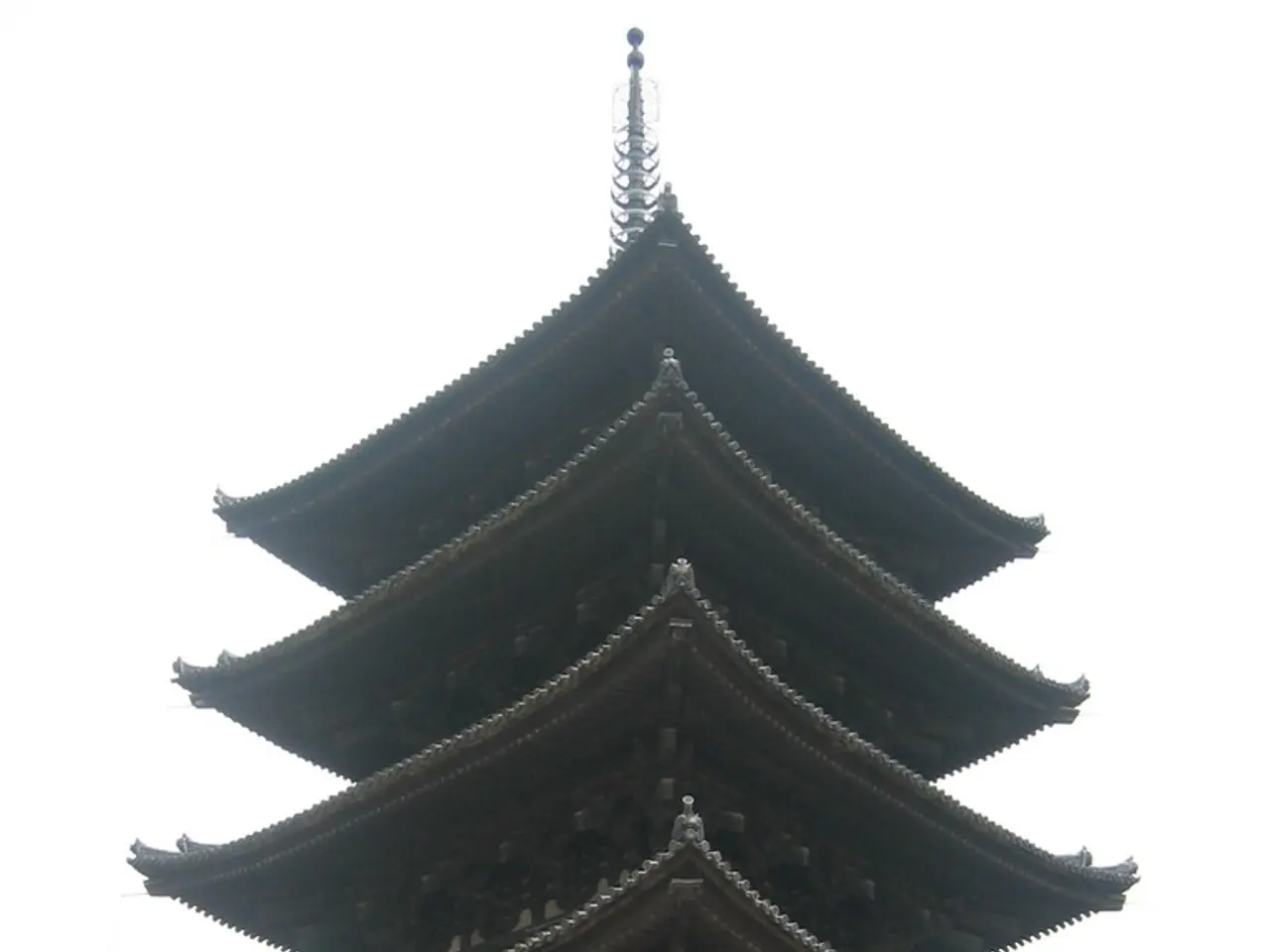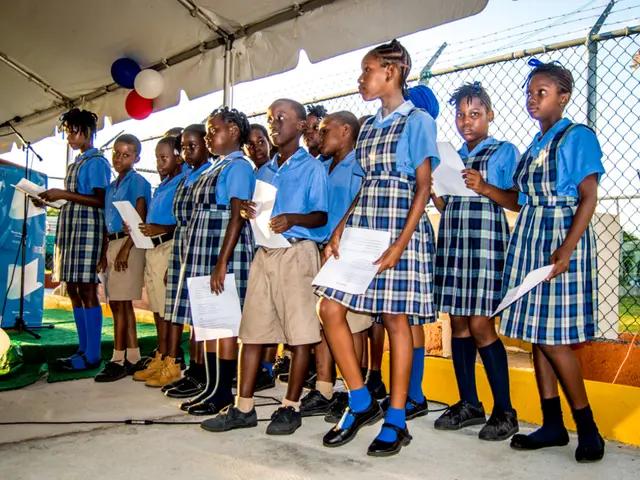Unmissable Opinion Piece in The Tribune: Discussion between Modi and Xi, Trump's Irritation towards India, and the Serious Flooding Crisis in Punjab
In the heart of India's northeast, the loss of funds from coal mining in Meghalaya has left a significant impact. These funds could have potentially aided in lifting communities out of poverty, but decades-old allegations of extensive corruption persist, with lakhs of tons of coal disappearing despite court orders, causing widespread anger. Coal mining in Meghalaya remains a sensitive political, economic, and environmental issue.
Meanwhile, in Punjab, the state is grappling with two major challenges: recurring floods and rising unemployment. Floods have caused significant damage, displacing millions and affecting hundreds of acres of land. The unemployment issue is compounded by shrinking agricultural employment opportunities and non-agricultural jobs failing to attract youth due to a mismatch between job quality and aspirations.
The economic slowdown in Punjab is largely attributed to the state's shift in focus from development to law and order. To address this, experts suggest treating floodplains as shared resources, enforcing strict zoning, building embankments, implementing early warning systems, and providing immediate disaster relief funding.
At the national level, the Ayushman Bharat-PM Jan Arogya Yojana, a major welfare scheme by the Modi government, has failed to meet expectations. Arbitrarily low package rates, bureaucratic delays, widespread fraud and corruption, and a lack of consideration for regional disparities and existing healthcare infrastructure have contributed to its underperformance.
Internationally, the SCO summit is regarded as significant and consequential due to Trump's imposition of 50% tariffs on Indian exports. Narendra Modi and Xi Jinping are holding meetings on the sidelines of the summit. Indian government officials have made substantive concessions and engaged in diplomatic talks with China in recent years to manage border tensions and avoid a two-front conflict.
The Dalai Lama is a significant issue that may shadow the Modi-Xi discussions without being named. His intellectual range creates a global constituency that no government can fully control. Former Ambassador to France Jawed Ashraf believes that President Trump only respects nations that have leverage.
Former MEA Secretary Vivek Katju questions how the Modi government plans to invoke the three 'brahmastras' in its quiver. Meanwhile, strategic analyst KP Nayar suggests that India needs the US Congress to preserve its gains in relations with America. A grand bargain is necessary to settle the boundary question with China, according to Maj Gen Ashok K Mehta (retd).
Lastly, Peter Navarro, White House trade adviser, continues to blame India for bankrolling the Ukraine war by buying Russian oil. Nuclear power can play a vital role in building a self-reliant India, but building public trust is a prerequisite for the successful deployment of nuclear plants. Sanjoy Hazarika, an independent columnist, writes about the battles in the Northeast involving land, coal, and corruption.
These issues, ranging from domestic challenges to international diplomacy, highlight the complexity of India's current landscape and the need for effective leadership and strategic decision-making.
Read also:
- Kamala Harris announces her ongoing political plans-for the present time
- Essential Predictive Analytics Models for Successful Political Campaigns to Familiarize Yourself With
- Could the Winning Chances of 'Radical' Politicians Be Realized?
- Majority of American Scientists Pondering Expatriation, Poll Indicates








